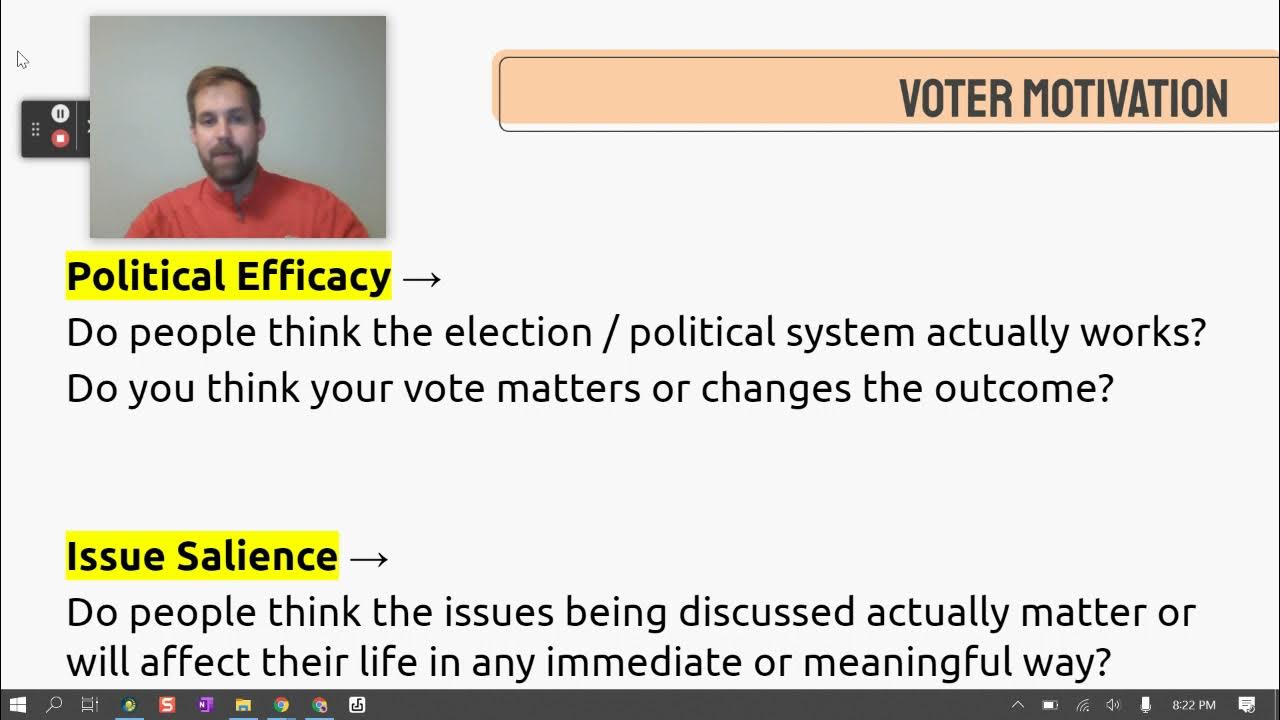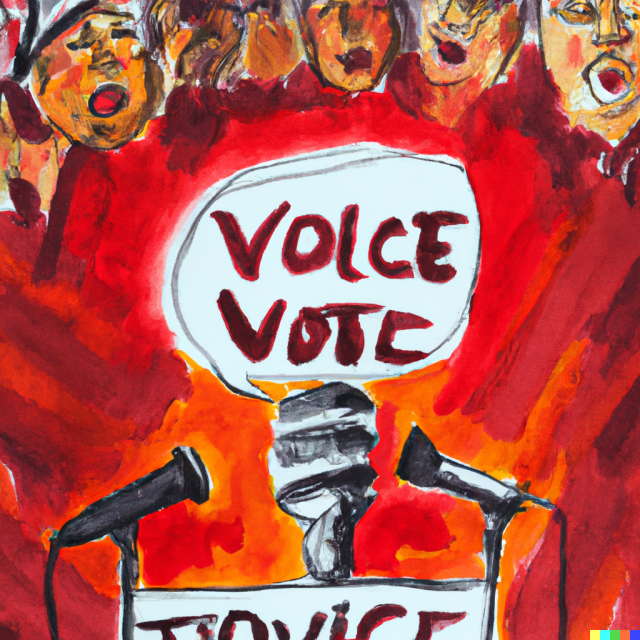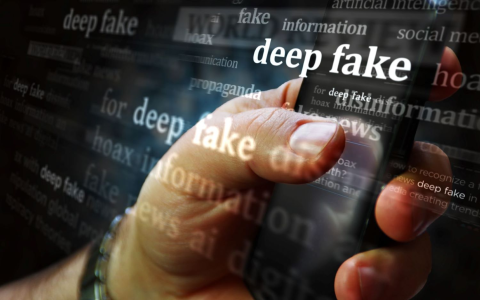Okay, so, today I wanted to dig into something called “political efficacy.” Sounds kinda fancy, right? But it’s actually a pretty straightforward idea once you break it down. Basically, it’s all about how much you think your actions can actually impact the government and politics.
First, I started with a quick search to get a basic understanding. I skimmed a bunch of articles and watched a few videos to get a feel for what political efficacy is all about. It seemed like it had two main parts: internal and external efficacy.

Internal efficacy is all about how confident you feel in your ability to understand and participate in politics. Like, do you feel like you get what’s going on and that you could make a difference if you wanted to?
External efficacy, on the other hand, is about whether you think the government actually cares about what people like you think. Do you believe that your voice will be heard and that the folks in power will actually respond to your concerns?
After I got a handle on the definitions, I wanted to see how this stuff played out in real life. I started to pay more attention to the news and even read some online discussions to see what people were saying about politics. I noticed that some people seemed really engaged and fired up, while others were totally checked out and cynical.
I started to think about my own feelings. Honestly, I realized that I was pretty mixed. There were some issues that I felt like I could understand and maybe even do something about. But then there were other times when I felt like the whole system was just too big and complicated, and my voice would just get lost in the noise.
I also noticed that different life experiences had a big impact on these feelings. When I was younger, I was way more idealistic and believed that anything was possible. But as I got older, I saw a lot of stuff that made me question whether the system really worked for everyone.
- I took notes on everything, sort of like a diary of my thoughts and observations.
- I even talked to some friends and family about it, just to see how they felt.
- It was really interesting to hear their perspectives and compare them to my own.
- Some of them felt super empowered and involved, while others felt completely disengaged and hopeless.
- It was a reminder that everyone’s experience with politics is unique.
What I Realized
After all this, I think I got a better sense of what political efficacy is and how it affects people. It’s not just about voting or protesting; it’s about how you feel about your place in the political world and whether you believe you have the power to make a difference.
It seems like it’s a pretty important thing to pay attention to, not just for individuals, but for society as a whole. I mean, if people don’t feel like they have a voice, they’re not going to participate. And if they don’t participate, the system can become less representative and responsive to the needs of the people.

So, that’s my little journey into the world of political efficacy. It was a lot more interesting than I expected, and it definitely gave me some food for thought. It made me realize how much our personal experiences and beliefs shape our relationship with politics. And it got me thinking about what we can do to foster a sense of efficacy in ourselves and others, so that everyone feels like they have a stake in the game. I’m gonna keep thinking about this stuff, and maybe even try to get more involved in some local issues to see if I can make a difference.















